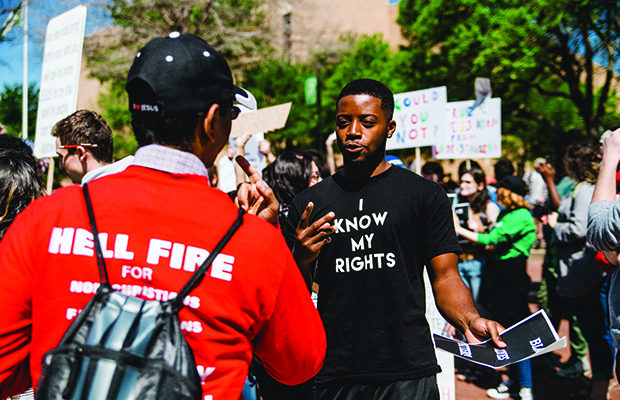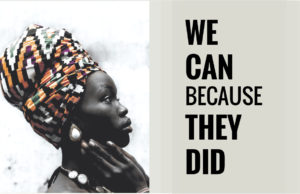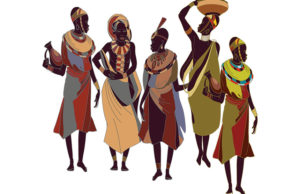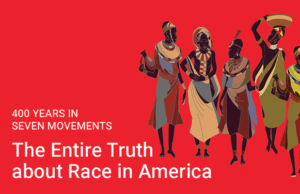Why So Much Work Remains

The Transformational Agenda Magazine 26th Edition
400 Years in Seven Movements
The SEVENTH Movement
Why So Much Work Remains
America’s history of racial injustice is a challenging and sometimes difficult topic to discuss. Slavery, the racial terror and violence that followed the end of Reconstruction, and legally sanctioned racial segregation and subordination all reveal painful truths about a history of racial inequality and bigotry in the United States that is hard to accept. Talking about this history is complicated by problems that continue today. Racial disparities in health, employment, education, and opportunity persist. The presumption of guilt assigned to black and brown adults and children, the racial profiling and mistreatment this presumption creates, and the racial dynamics of criminal justice practices and mass incarceration create enormous anguish and disruption in many communities.
While it is tempting to divorce the racial injustice of our past from today’s issues of racial fairness and equality, it is irresponsible to ignore this historical context. In the United States, the legacy of slavery, racial terror, and segregation can be seen and felt in myriad ways. Our collective failure to understand this history creates distrust, fear, and anxiety that often undermines honest conversation about race and racial justice.
A deeper understanding of the legacy of slavery and our history of racial injustice can explain why so much work remains and can inform our thinking about how to create a healthy, just society that is less burdened by racial bigotry and inequality. In other parts of the world, many societies
that have suffered from horrific human rights abuses have learned that recovery from these injustices depends on a commitment to truth and reconciliation. Without confronting our history of abuse truthfully and without thoughtfully acknowledging the serious harm and devastation unjust practices have created, there is no meaningful opportunity to reconcile ourselves to the past in the hope of a brighter future.
Slavery in America traumatized and devastated millions of people. It created narratives about racial difference that still persist today. Slavery fostered bigotry and racial discrimination from which we have yet to fully recover. In learning more about slavery, we can learn more about ourselves, our past, and hopefully, our future. By strengthening our understanding of racial history, we can create a different, healthier discourse about race in America that can lead to new and more effective solutions.
The hope of racial progress and racial justice in America will be shaped not by the fear and resistance of those who doubt its importance but by the commitment and dedication of those who believe.
The Transformational Agenda Magazine 26th Edition






You must be logged in to post a comment Login